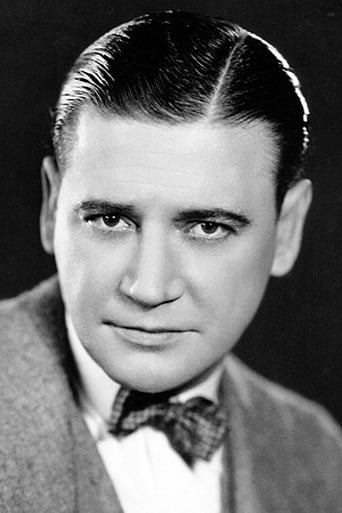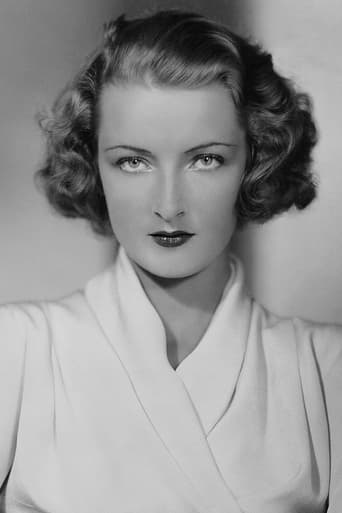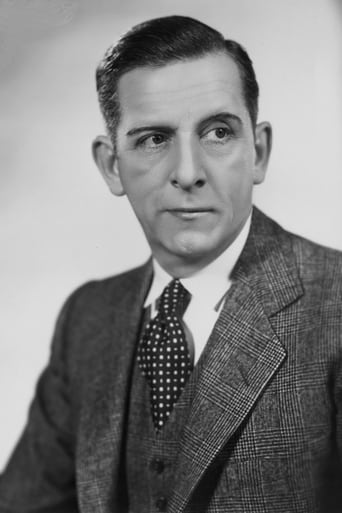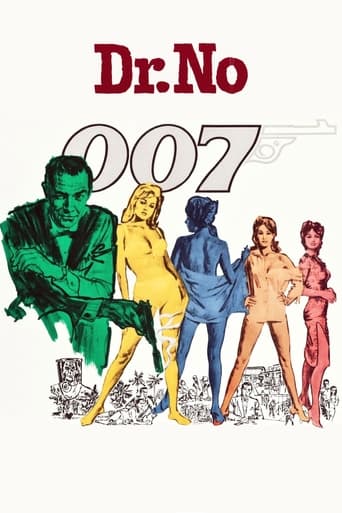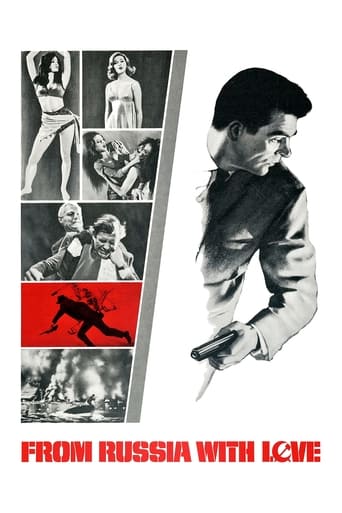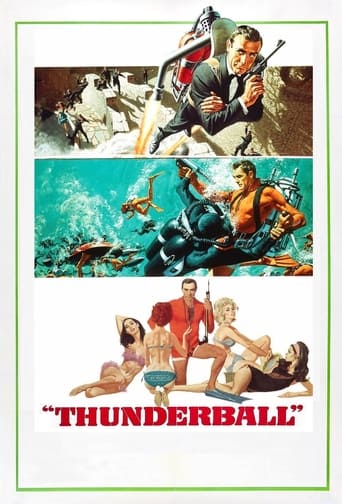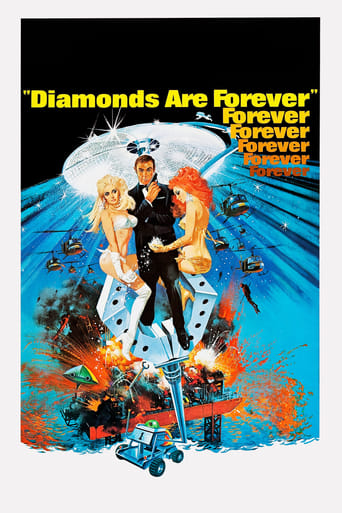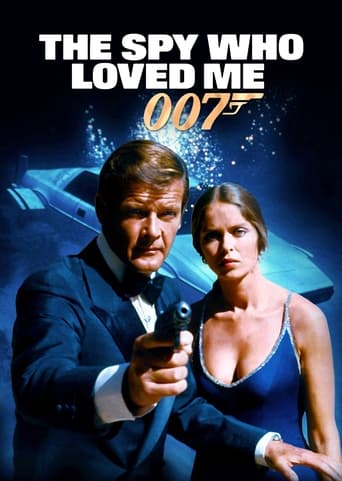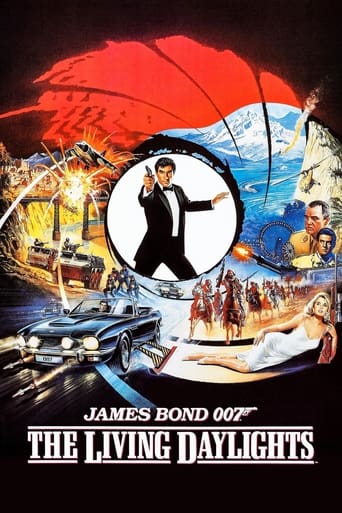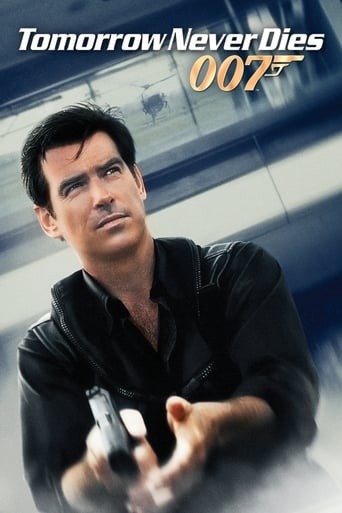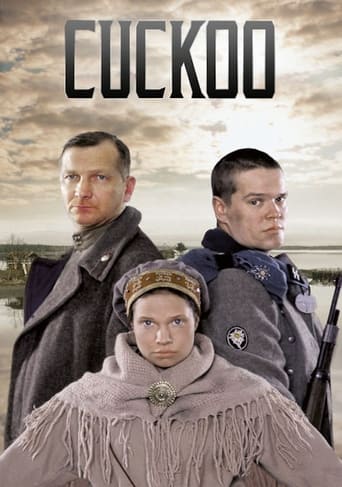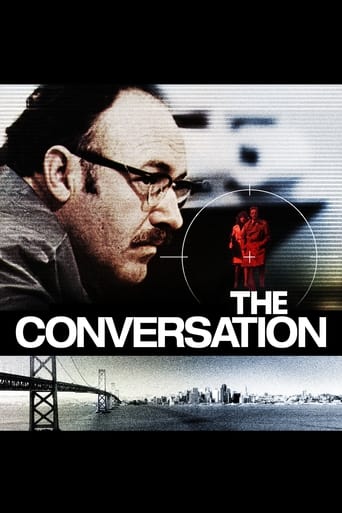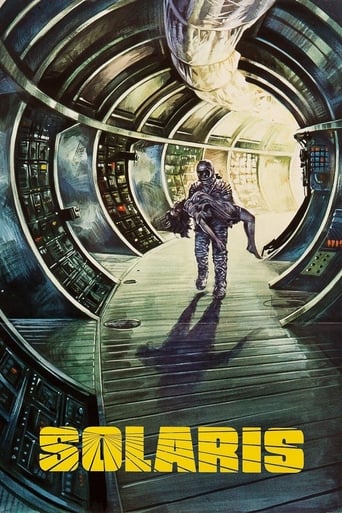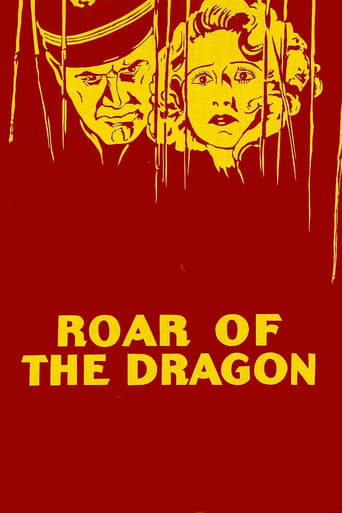
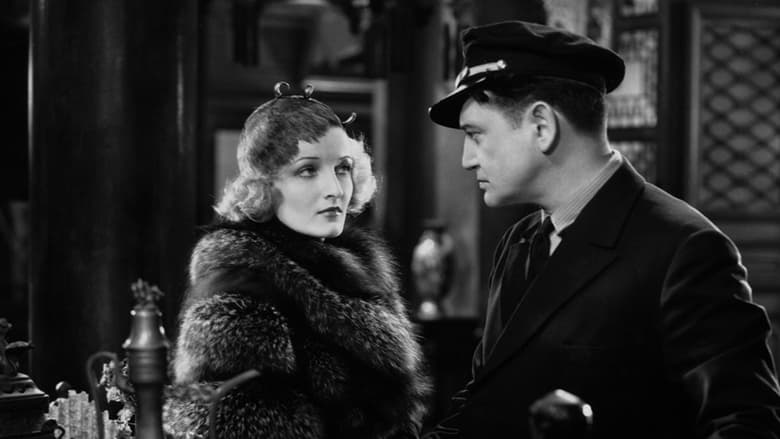
Roar of the Dragon (1932)
A boatload of Westerners is trapped in Manchuria as bandits led by Russian renegade Voronsky ravage the area. Seeking refuge in a fortified inn, the group is led by the boat's Captain Carson, who becomes involved with a woman who "belongs" to Voronsky. Carson must contend with the bandits outside and the conflicting personalities of those trapped inside the inn, as well as dealing with spies among the inn's personnel.
Watch Trailer
Cast


Similar titles
Reviews
It seems that Hollywood's initial view of Asian culture was not a very pretty one, with Tong Wars, evil war lords, and such characters as Fu Manchu to express the dark side of humanity. Getting away from Warner Oland and Boris Karloff as Fu Manchu here, the writers turn a Russian bandit (C. Henry Gordon in one of his many villain roles) as the bad guy, a bandit so vile that he even has forced an exotic beauty (Gwili Andre) to become his unwilling mistress. As the film opens, Gordon is spouting venom towards Richard Dix, a drunken hero, who apparently in combat bit his ear off. Gordon is obviously a tough guy because he can have the ear literally soldered back on with a hot iron (ouch!) without so much as a drop of whiskey or a pencil to bite on. Andre, looking very much like a combination of Dietrich, Garbo and Tallulah, is an exotic beauty, a shady lady of ill repute, and her presence is immediately unforgettable. She makes a determination to end this vile captivity as Gordon and his gang of various Asian races descend on Manchuria and the inn where she is being held against her will, even to the point of planning her own suicide should he arrive before she can escape.There's all sorts of other characters there, a sort of "Petrified Forest" gang awaiting their fate, and here, cowards become heroes, the greedy become noble, and some loose their lives as they become imprisoned in the inn where two of the bandit's men report every activity to Gordon and scheme to starve them out as rations and water literally evaporate. Edward Everett Horton is very good as the coward who ends up a hero, exploding in delight as he takes over a machine gun, while Zasu Pitts (the female version of Horton with her constant cry of "Oh, dear!") simply rings her hands and expresses her own fears. Stage veteran Dudley Digges (the villain of the original "Maltese Falcon") is notably self-serving as a pompous fool so convinced of his own importance that he doesn't mind seeing children thrown into the river if it means he'll be able to add more food to his already fat belly. But don't rule his character out from learning a lesson, and while it's never revealed as to why he changes, it's a nice surprise when he comes around to becoming a human being. The effeminate Horton even gets a slight romance with the sweet Arline Judge who becomes den mother to the many Chinese children trapped inside.Filled with lots of action, slight touches of comedy and more than its share of pre-code innuendo, this fascinating drama may not be the most politically correct (oh, that phrase...) of early Hollywood movies, and like many Asian set movies of the 1930's and 40's, some of the stereotypes are eye-raising and head-shaking. But as entertainment, it never fails to keep audience interest, beautifully photographed and never lacking in action and movement. It's even better than some of the most remembered Asian set films ("Shanghai Express" and "The Bitter Tea of General Yen") simply because the pace never slows to allow the audience to be bored. It's a good old fashioned nail biter, popcorn chewer and arm grabber of a movie, wonderfully directed by Wesley Ruggles and filled with moments you won't soon forget.
The characters are not only stereotypes, but familiar stereotypes at that. Despite its faults, however, this mini epic holds the attention throughout. The action, somewhat gruesome and blood- curdling, tells how a determined (if constantly inebriated) ship's captain saves the lives of some of his passengers when the Chinese town at which they are docked for repairs is besieged by hordes of stirred-up bandits. Richard Dix plays the hero with his usual flair, whilst the exotic Gwili Andre most successfully enacts the tantalizing "heroine". The passengers emerge as much the usual bunch of Jacks and Jills, though no doubt their characterizations seemed fresher back in 1932. Dudley Digges tends to over-state the blustering holder-of-the-purse-strings, while ZaSu Pitts rapidly becomes a real pain as the "complaining woman", but the other players, particularly Edward Everett Horton as the resourceful Busby and Arline Judge as the helpful Bridgeport, impress as real but interesting flesh-and-blood human beings. C. Henry Gordon skilfully paints a nightmarish figure as the ruthless chief of the insurgents. At this stage of his career, director Wesley Ruggles was a master of his craft. Despite the efforts of Digges and Pitts to slow proceedings down, Ruggles never lets up the pressure and the pace. Not only does he keeps suspense at a high level from first to last, but creates just the right atmosphere, aided by Cronjager's picturesque photography, Clark's extensive but brooding sets and Steiner's cleverly contrasted music score. This movie is available on an excellent Warner Archive DVD coupled with "Men of America".
"Roar of the Dragon" (1932) and "Barricade" (1939) have essentially the same plots (as well as length). In China in the 1930s, Mongol raiders corner westerners in a building. It is in a hotel in the former; it is in the US embassy in the latter. They are refugees from a riverboat in the former; they are refugees from a train in the latter. The leading man in the former is an alcoholic riverboat captain; the leading man in the latter is an alcoholic reporter.The IMDb rating for the former is 6.5; the rating for the latter is 5.7. Those ratings, in my opinion, should be reversed. The "Roar of the Dragon" lacks memorable scenes, while, despite its many production problems, "Barricade" has several (such as Baxter and Faye fleeing across a wheat field while the raiders try to burn them out).Additionally, the "Roar of the Dragon" suffers from numerous problems. And it is hard not to have them detract from one's enjoyment. There are plot problems. No one suggests boarding-up the hotel's windows and doors, and, as a result, one person is killed and another kidnapped. The raiders make no attempt to destroy the refugee's only means of escape, the riverboat, even though it is docked nearby and virtually undefended. There are stupidity problems. The hero makes no attempt to ferret out the spies he has been informed lurk within the hotel, or even to exercise caution by having guards protect his limited water supplies. There are coincidence problems. A main character is killed when the hero's machine gun jams just as the other is being attacked. On the other hand, other than the question of "who put the rug over the trap door?" when the embassy refugees retreat into the cellar, the actions in "Barricade" proceed quite logically, given the situation cast members are said to be in.So my advice, therefore, is to skip "Roar of the Dragon" and watch "Barricade" instead
Richard Dix was excellent in this movie. I don't know if it was the direction or the fact that his character was drunk most of the time, but the improvement over the Secret Service a yr. earlier was very pronounced. He had subtlety, complexity and nuance here. In the earlier, he was very stagy. Never heard of Gwili Andre before (or since) but she was extraordinarily beautiful and she could act. She must have been a model. The whole cast was very good.


